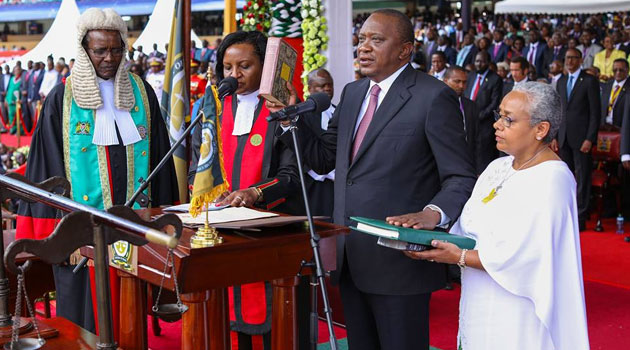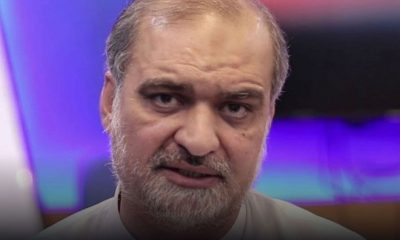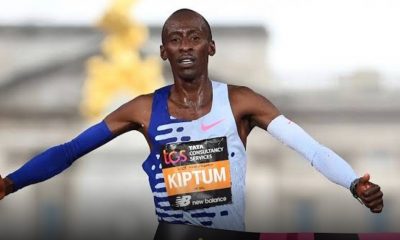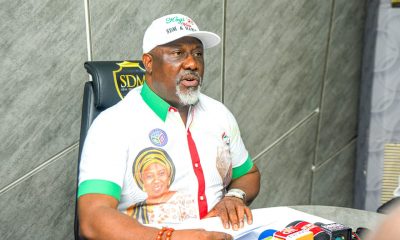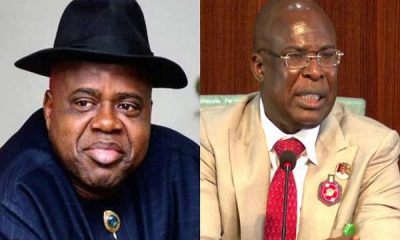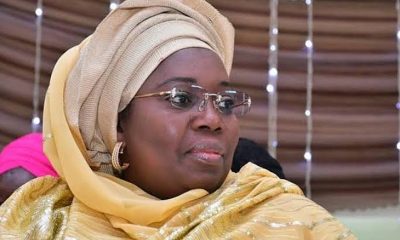By Odinta Christiana
Kenyan President Uhuru Kenyatta was sworn in Tuesday for a second term as police fired teargas to disperse angry opposition supporters, in what many hope is the closing act of a gruelling and divisive election drama.
The pomp and ceremony ended with a 21-gun salute but was overshadowed by chaos in another part of Nairobi, where police engaged in running battles with opposition supporters trying to gather for a rally.
Opposition leader Raila Odinga was meant to attend the “memorial rally” to honour more than 50 people killed, mostly by police, in four months of political upheaval.
But police kept the planned venue strictly sealed off.
Chaos also marked the start of the swearing-in ceremony at the 60,000-seat Kasarani stadium, as Kenyatta supporters attempted to force their way into the venue, prompting police to fire tear gas while officers on horseback struggled to curb the flow of people.
“I just want to see President Uhuru Kenyatta because I
voted for him, why are we being beaten like NASA (the
opposition coalition)?” asked Janet Wambua, who was
among the angry crowd.
Joseph Irungu of the interior ministry planning committee had said there was space for 40,000 people who did not get in to watch the event on big screens outside the stadium.
However no such screens were provided, further
angering the crowd.
Kenyatta and his deputy William Ruto took the oaths of
office in front of some 13 mostly African heads of state, including from South Sudan, Uganda, Rwanda, Zambia and Somalia.
Prime ministers, foreign ministers and special envoys represented other African nations, as well as Qatar, Serbia,.Ukraine and the United Arab Emirates.
Despotic coronation
The inauguration came after the Supreme Court validated Kenyatta’s victory in last month’s rerun poll.
But analysts say the swearing-in may not draw a line under the country’s political crisis, for his defeated rival Raila Odinga has vowed to fight on.
The NASA coalition has described Tuesday’s inauguration as a “despotic coronation”.
The electoral strife goes back to an August 8 poll that was annulled in September by the Supreme Court, citing “irregularities and illegalities”.
The court ordered a rerun in October that was boycotted by the opposition, handing Kenyatta a landslide of 98 percent of votes cast by just 39 percent of the electorate.
The disputed election season has split the country along ethnic and regional lines.
However, political violence has not reached the scale of the bloody aftermath of elections in 2007, when 1,100 were killed.
Odinga, 72, finds himself denied the presidency for a fourth time in his long career.
He contends he was cheated and refuses to recognise the result.
He has vowed to found a “third republic” — following independence from Britain in 1963 and a new constitution adopted in 2010 — and pursue protests and economic boycotts aimed at undermining Kenyatta’s “dictatorship”.
The current crisis draws on a deep well of social, ethnic and geographic grievances in the country of 48 million people.
In areas loyal to Odinga, an ethnic Luo, there is a sense of having been ground down and discriminated against since independence, not least by Kenyatta’s Kikuyu group, which has given Kenya three of its four presidents.
Months of disruption and unrest, plus the holding of two separate elections, have badly affected the economy, hitting the poorest hardest while leaving the wealthy political elites relatively unharmed.

 Football1 week ago
Football1 week ago
 Health & Fitness2 days ago
Health & Fitness2 days ago
 Comments and Issues1 week ago
Comments and Issues1 week ago
 Featured6 days ago
Featured6 days ago
 Education7 days ago
Education7 days ago
 Business7 days ago
Business7 days ago
 Business6 days ago
Business6 days ago
 Crime7 days ago
Crime7 days ago
